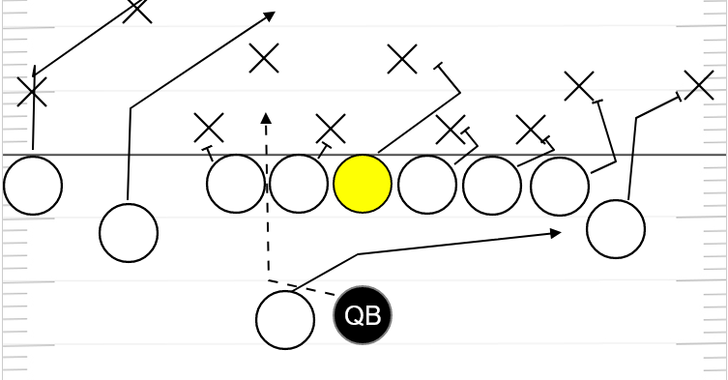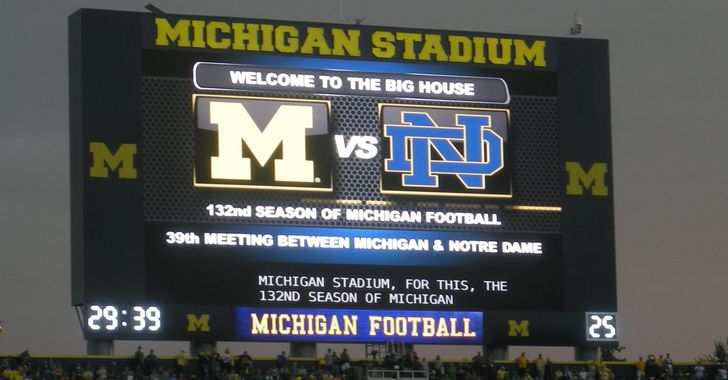Following the death of Maxwell Gruver, an LSU fraternity pledge, cause for change became very relevant to the Louisiana Greek life community. On May 31, 2018, Governor John Bel Edwards signed four hazing-related bills into law. These are laws that can directly impact college students all over the state of Louisiana. With a new school year approaching with new opportunities to join these organizations, it is so important that students are aware of the changes being made in Louisiana.
House Bill 78 - The Max Gruver Act
Rep. Nancy Landry (R-Lafayette), began drafting this bill quickly after Max's death. This law makes hazing a felony, with fines up to $1,000, imprisonment up to six months, or both. Before the Max Gruver Act, the maximum charge for hazing was $100 and imprisonment for 30 days. If hazing results in bodily injury, death, or forced alcohol consumption (resulting in a blood alcohol concentration of .30%), those found guilty can face fines up to $10,000, imprisonment for five years, or both.
If any representative of an organization knows of hazing allegations and fails to report them, the organization is subject to fines up to $10,000. Organizations must also forfeit any public funds received and all rights and privileges of being an organization on campus. If the hazing results in bodily injury, death, or forced alcohol consumption (resulting in a blood alcohol concentration of .30%), the organization forfeits all rights and privileges for no less than four years.
If a report is received the organization shall conduct a timely, efficient investigation to determine the accuracy of the reports prior to involving law enforcement. The investigation should take place no later than 14 days.
Hopefully, members of these organizations will think twice during new member rituals. The risk is definitely higher for ones who choose to haze and the organization they represent.
Senate Bill 91
Presented by Dan Claitor, R-Baton Rouge, this law means that individuals, universities, and national organizations found responsible for hazing deaths will face civil penalties. This applies to hazing-related deaths, not hazing alone or bystanders.
House Bill 270
This law protects identifying information of students who report violations of the student code of contact, by Rep. Franklin Foil, R-Baton Rouge.
In other words, one who reports hazing acts is protected by this law. HB 270 encourages students to come forward about any situations they feel uncomfortable with that may be going on because their identity will be protected by officials.
House Bill 446
Rep. Reid Falconer (R-Mandeville), presented this bill that means any person at the scene of an emergency who knows that another person has suffered serious bodily injury shall give reasonable assistance (such as calling for help) to the injured person. Those who fail to report can be charged up to $1,000, imprisonment for one year or both. If the situation results in death, those found guilty can face fines up to $2,500, imprisonment for five years, or both. Simply, if someone needs help, report it. Turning a blind eye can now land someone in jail.
As the new generation of Louisiana students, it is up to us to be educated and be strong. Current college students should stand together, build each other up to be better and take care of each other. These recent laws are just the beginning of the changes that need to happen in relation to hazing.









 Photo by
Photo by 









































